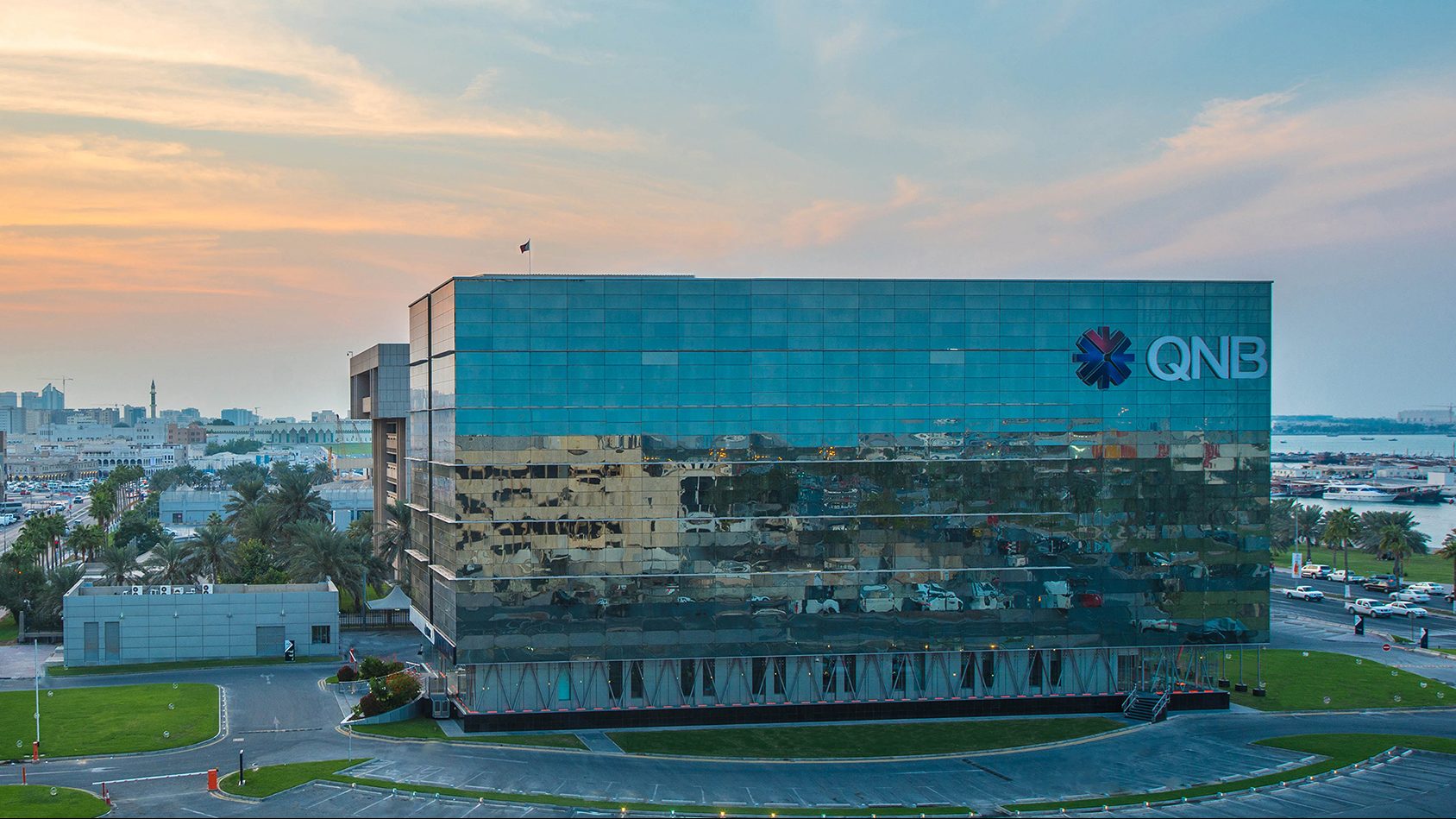Qatar’s eight banks have a market value of $81.3 billion.
Eight banks in Qatar have made it to the Forbes 50 ‘Most Valuable Banks 2023’ list for the Middle East.
Qatar National Bank (QNB) Group, the largest bank in Qatar, stood in third place, trailing shortly behind Saudi Arabia’s Al Rajhi Bank and Saudi National Bank.
With a staggering market value of $42.8 billion, the Qatari commercial bank is 51.93% controlled by the Qatar Investment Authority. It holds a presence in 28 nations across three continents around the world.
In 12th position stands Qatar Islamic Bank (QIB), established in 1982.
QIB boasts 23 branches in Qatar and one branch in Sudan, with investments in the United Kingdom and Lebanon. The Qatar Investment Authority is QIB’s largest shareholder, with a 17.2% stake.
Masraf Al Rayan falls in 20th place with a market value of $6.9 billion. Masraf Al Rayan is a Shariah-compliant bank with operations in Qatar, the UK, the United Arab Emirates, and France. It was founded in 2006. The Qatar Investment Authority owns 15.9% of the bank.
Warming the 21st seat is Commercial Bank which holds a market value of $6.8 billion. Commercial Bank, which was founded in 1974, is active in Qatar and is represented in Turkey through its entirely subsidiary Alternatif Bank. The Qatar Investment Authority owns 16.8% of the bank.
Number 26 on the Forbes 50 ‘Most Valuable Banks 2023’ list sits Qatar International Islamic Bank (QIIB) with a market value that stands at $4.36 billion.
Founded in 1990, QIIB offers Islamic banking services for individuals and businesses through 17 offices in Qatar. With a 16.62% ownership stake, the Qatar Investment Authority is QIIB’s largest stakeholder.
The 28th seat is dedicated to Dukhan Bank, with a market value of $4.17 billion. As a full-service Shariah-compliant bank, Dukhan Bank launched operations in 2009 after being incorporated in 2008 under the name Barwa Bank. After merging with the International Bank of Qatar in 2019, it changed its name to Dukhan Bank in October 2020.
The bank was listed on the Qatar Stock Exchange in February 2023 with a market cap valuation of $6.3 billion and a free float of 33.34%. The General Retirement and Social Insurance Authority is the largest shareholder, with a 24.5% stake.
In the 35th placement is Ahlibank with a market value of $2.8 billion. Ahlibank was founded as a public shareholding business in 1983. Now, it has a network of 89 ATMs and 14 locations throughout Qatar.
The Qatar Investment Authority owns 47.71% of the bank.
Standing at 44 is Doha Bank with a market value of $1.4 billion. Doha Bank was founded in 1979 and currently has over 470,000 active clients.
It has representative offices in Japan, China, Singapore, South Africa, South Korea, Australia, Turkey, the United Kingdom, Canada, Germany, Bangladesh, Sri Lanka, and Nepal in addition to overseas branches in Kuwait, the United Arab Emirates, and India. The Qatar Investment Authority holds a 17.15% stake.
Robust GCC banks
The global banking industry has had a difficult start to this year, with worries of a ripple effect brought on by the failure of Silicon Valley Bank.
Due to strong liquidity buffers, low-cost and reliable customer deposits, and a lack of exposure to collapsed United States banks, banks in the Middle East currently seem resistant to the financial upheaval, Forbes detailed.
In light of their extensive franchises and sovereign footprint, GCC banks, according to a report by Moody’s, are robust in the face of financial problems plaguing US banks.
The research also mentioned how quickly Islamic financing has spread throughout GCC financial systems, and it said that deposits at these banks are less expensive than deposits at conventional banks, backing the profitability of the banks during periods of high interest rates.
Up to 186 US banks could be at risk of collapsing, following in the footsteps of Silicon Valley Bank (SVB), according to a study published by the Social Science Research Network.
The research suggests that these banks might face significant trouble if 50% of their depositors were to suddenly withdraw their funds.
The vulnerability of these banks stems from their assets being tied up in government bonds and mortgage-backed securities, which have been negatively impacted by the Federal Reserve’s recent interest rate hikes.
Qatar’s sovereign wealth fund, the Qatar Investment Authority (QIA), has held stakes in various American banks and financial institutions. However, the specific investments and the size of their holdings may have changed since due to market fluctuations and investment decisions.
QIA has invested in a wide range of industries, including banking, real estate, technology, and infrastructure, in the United States and other countries.







